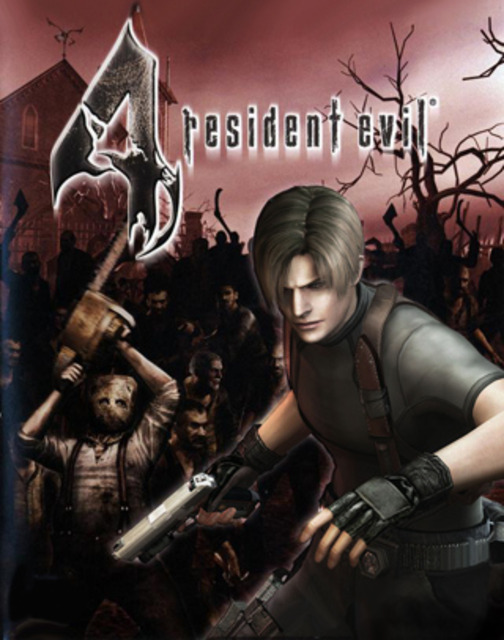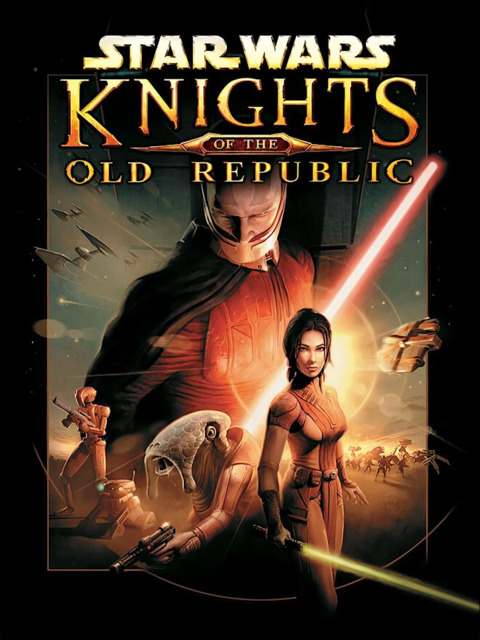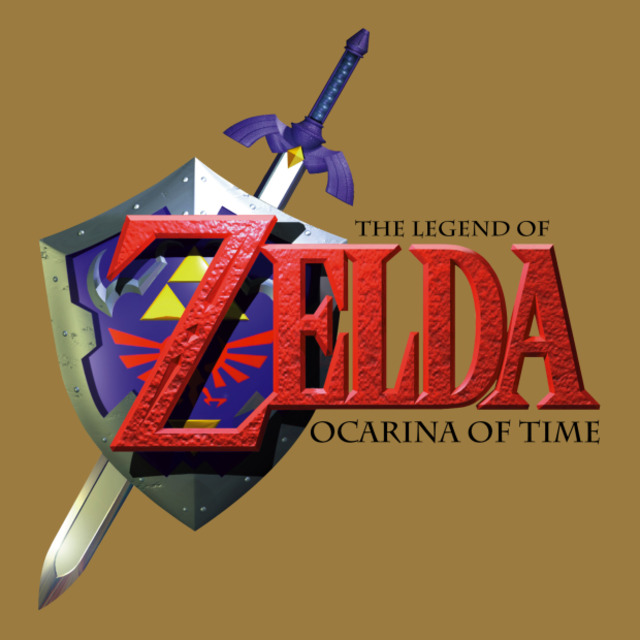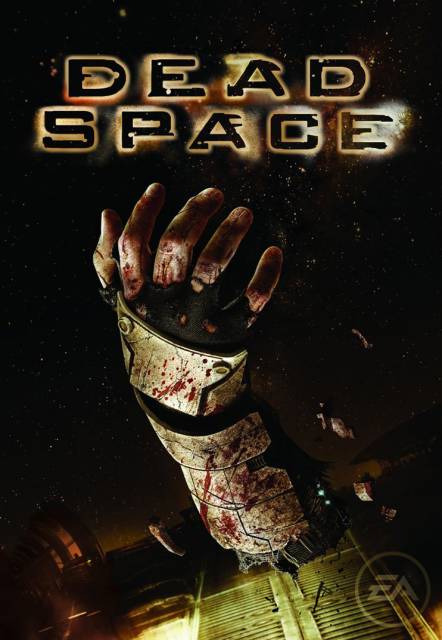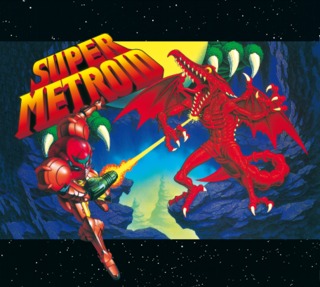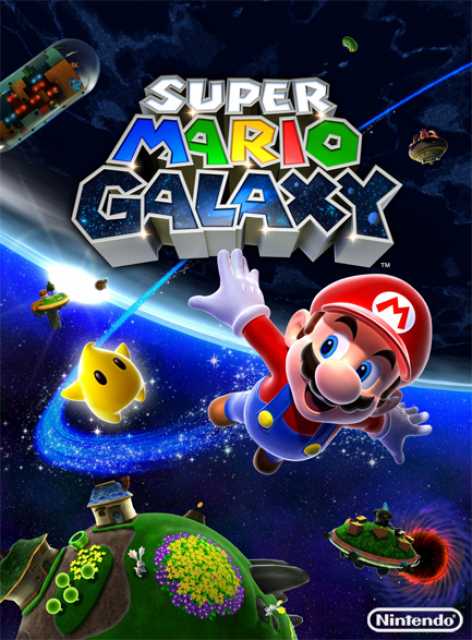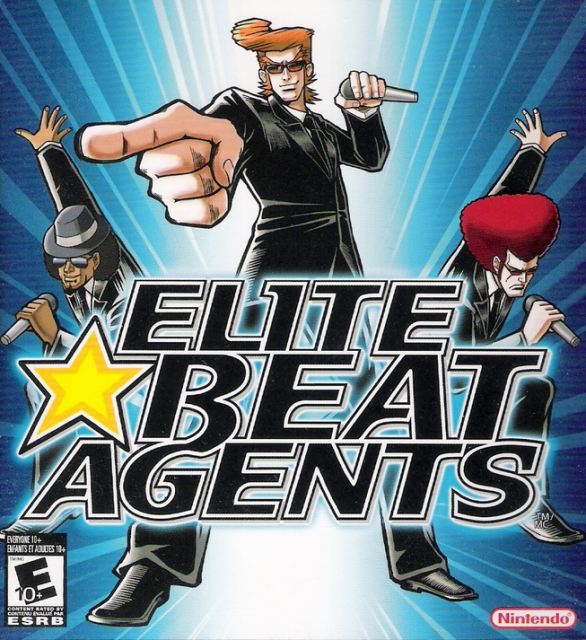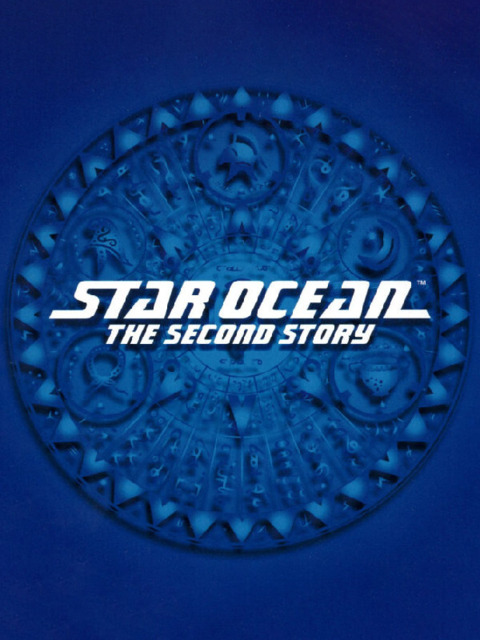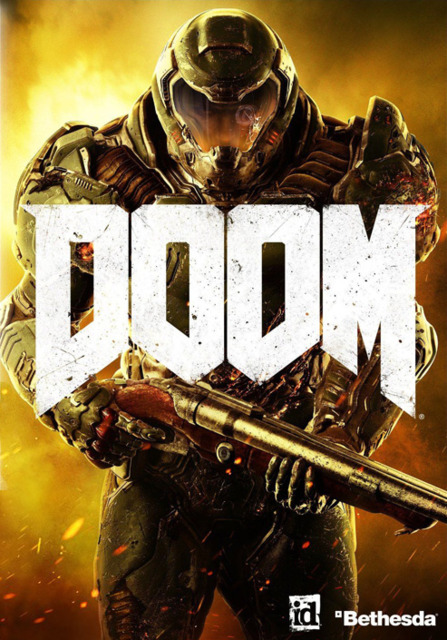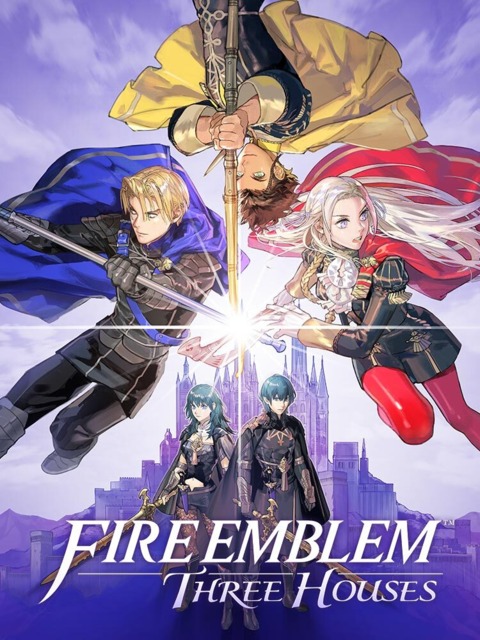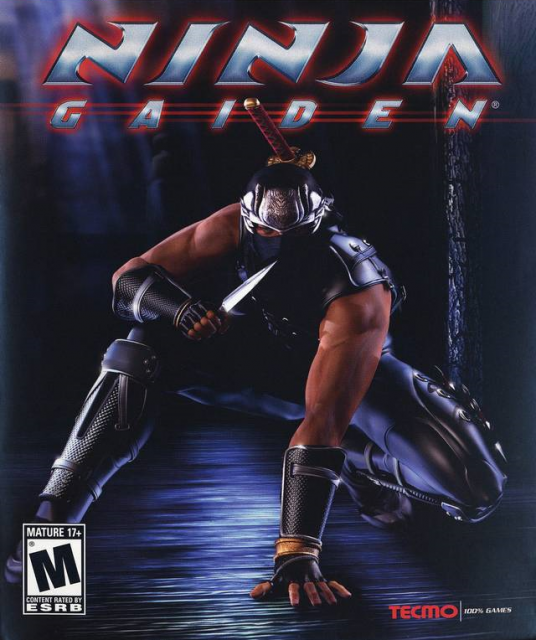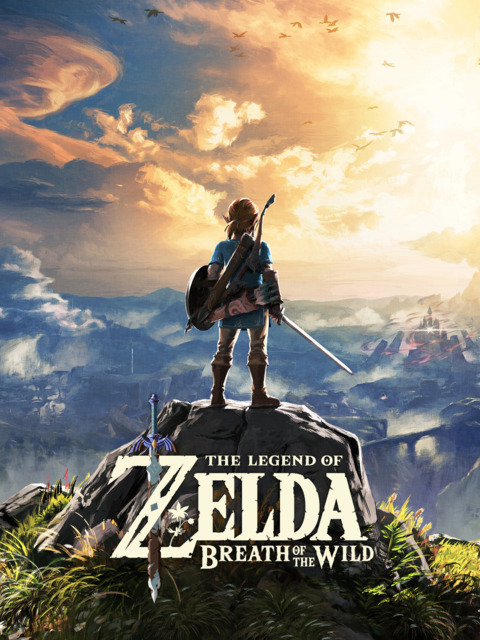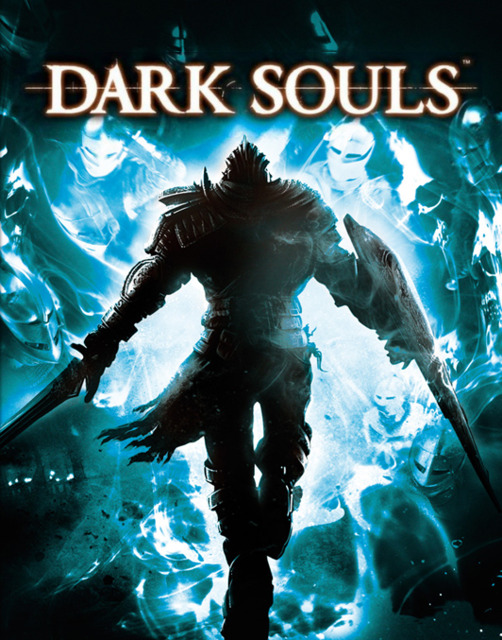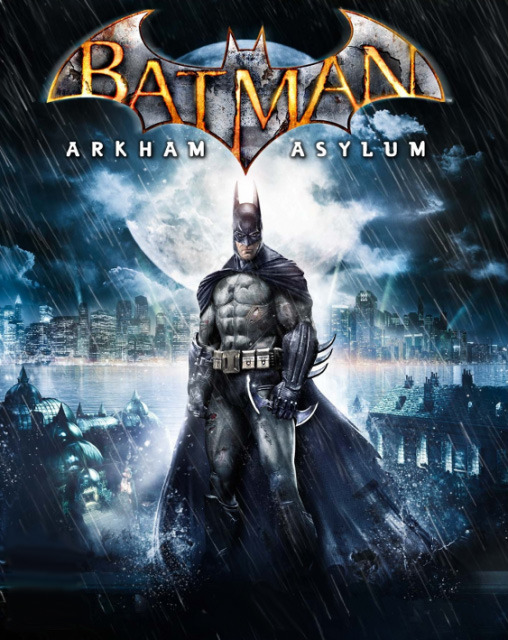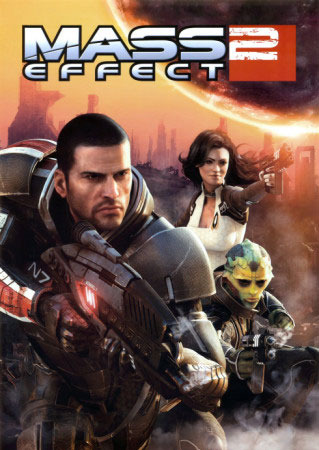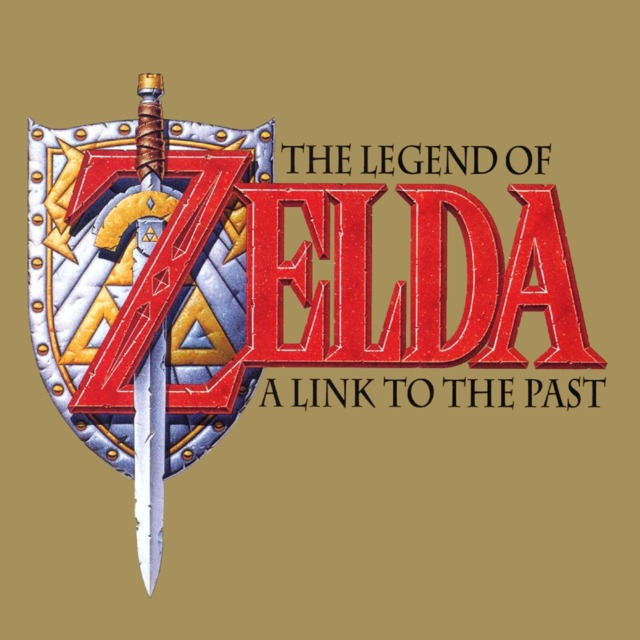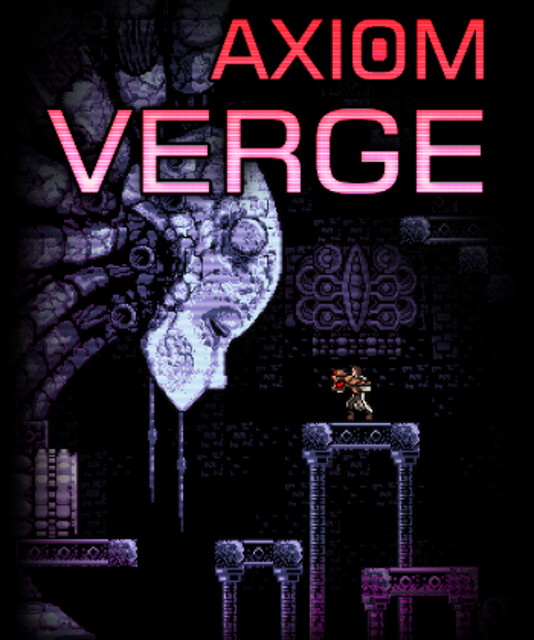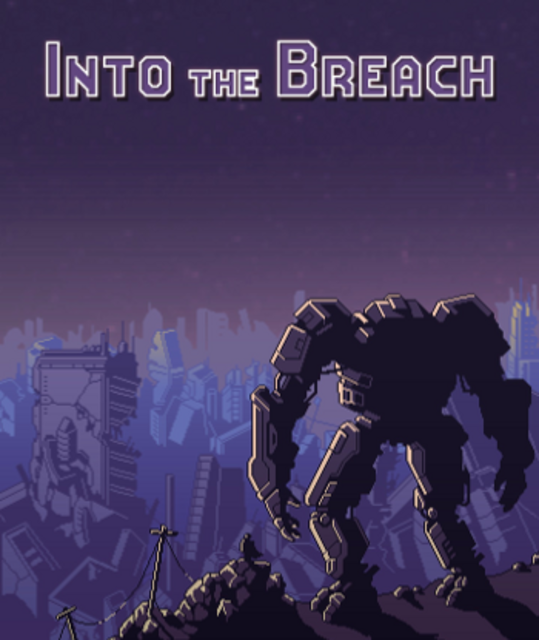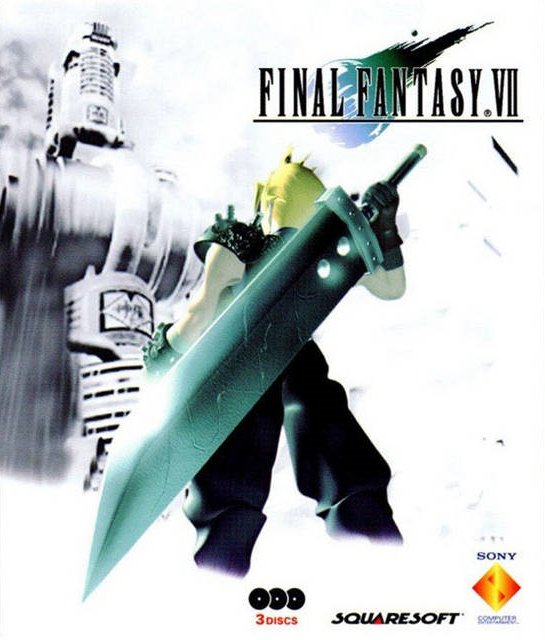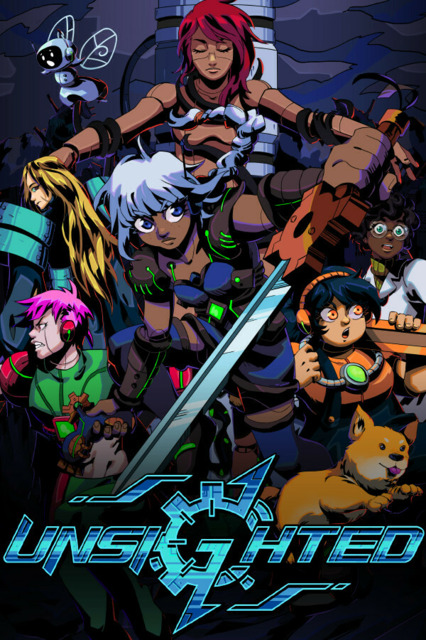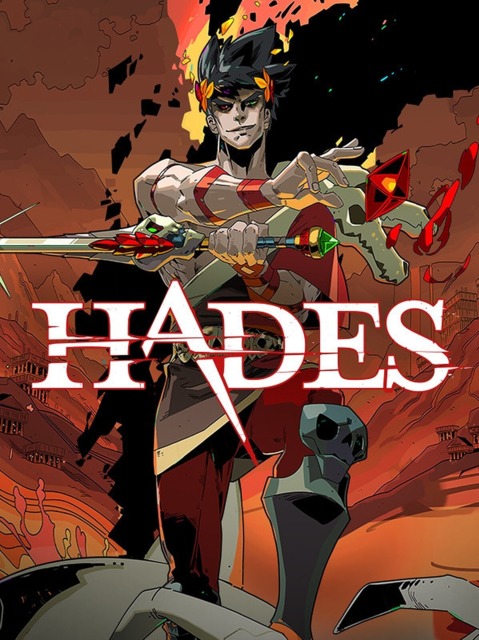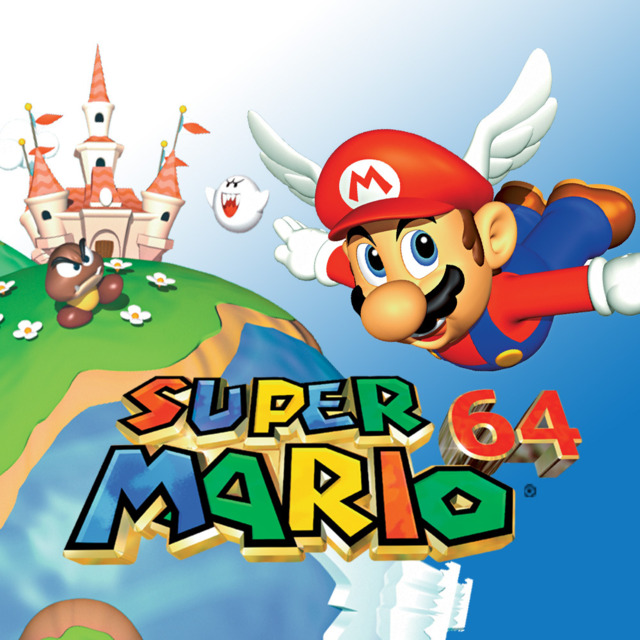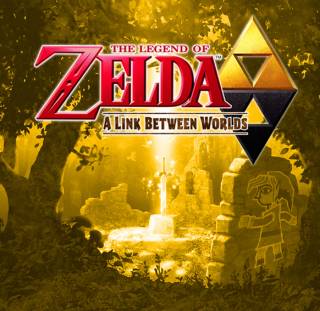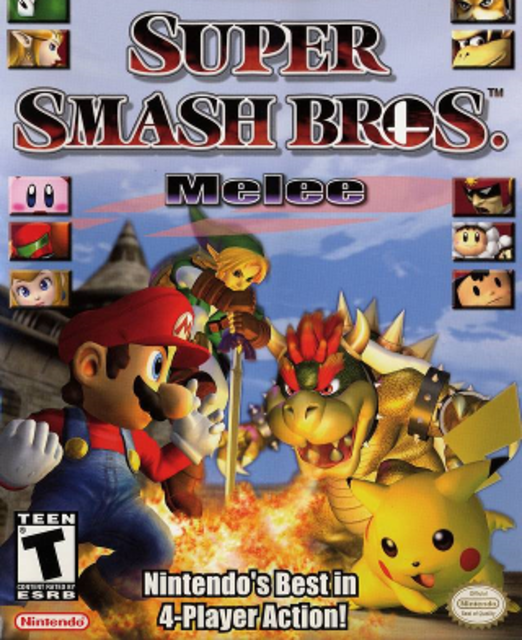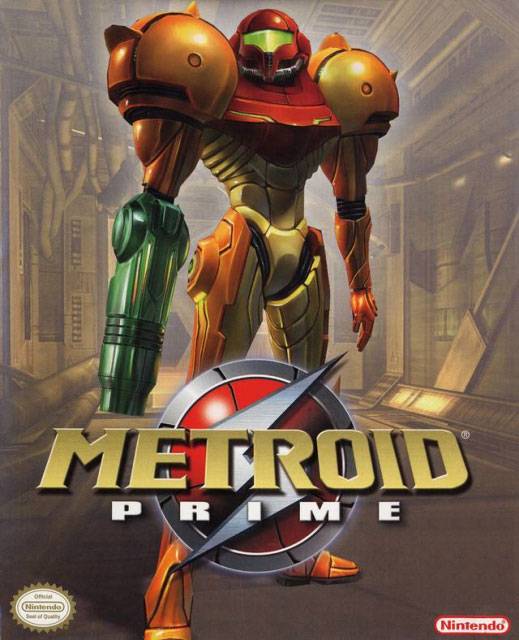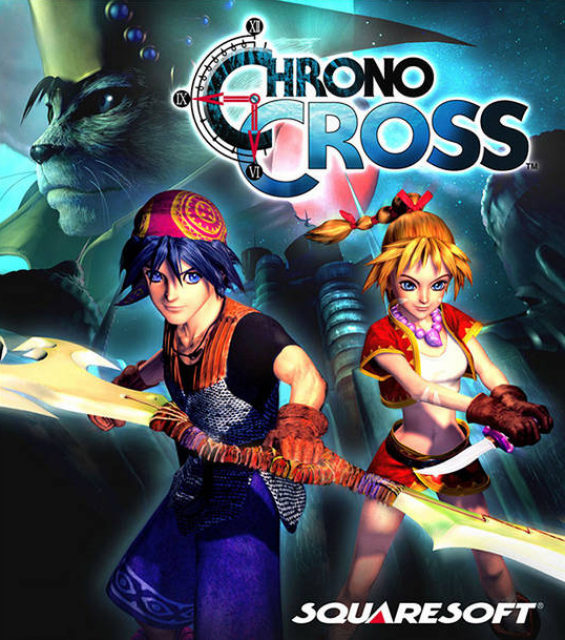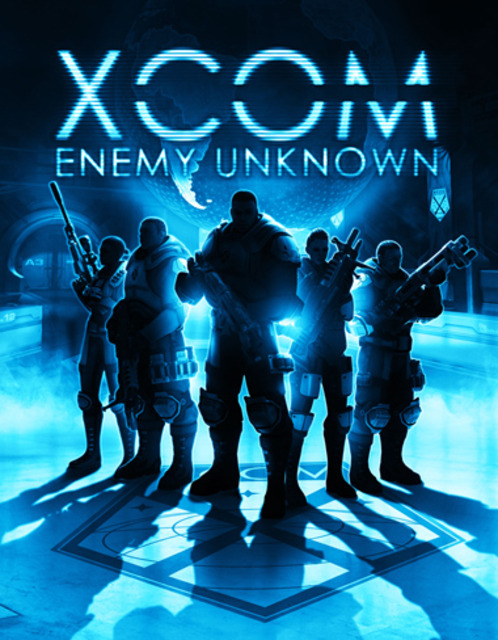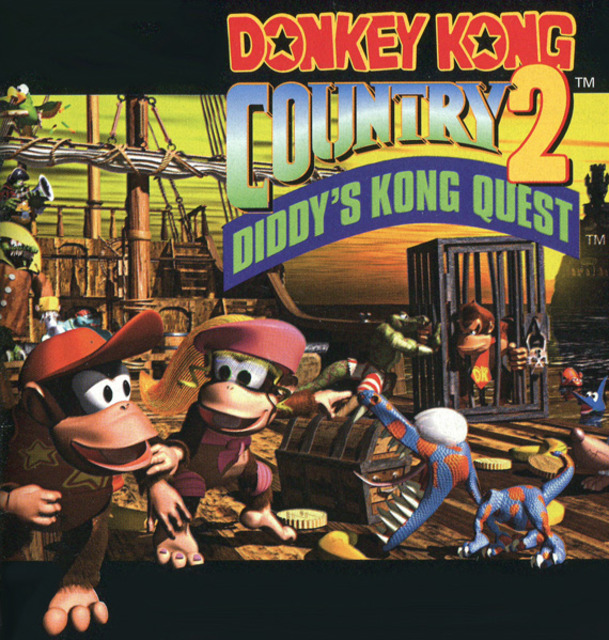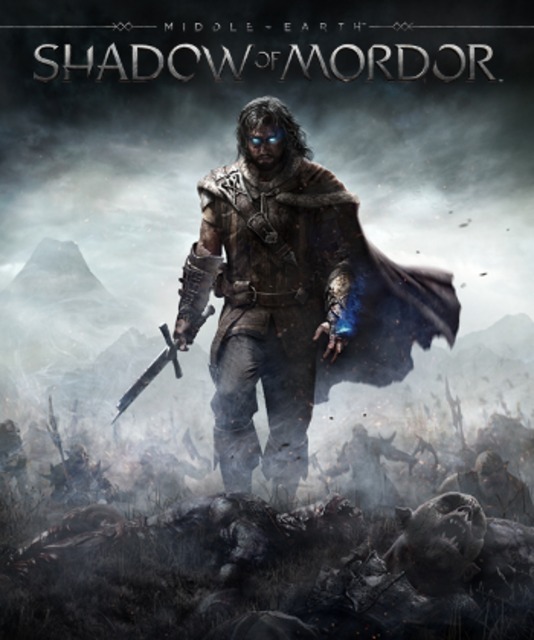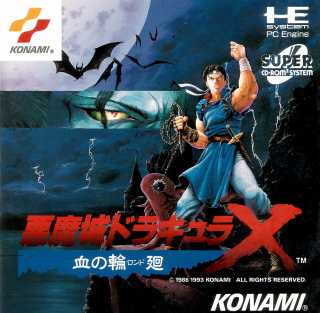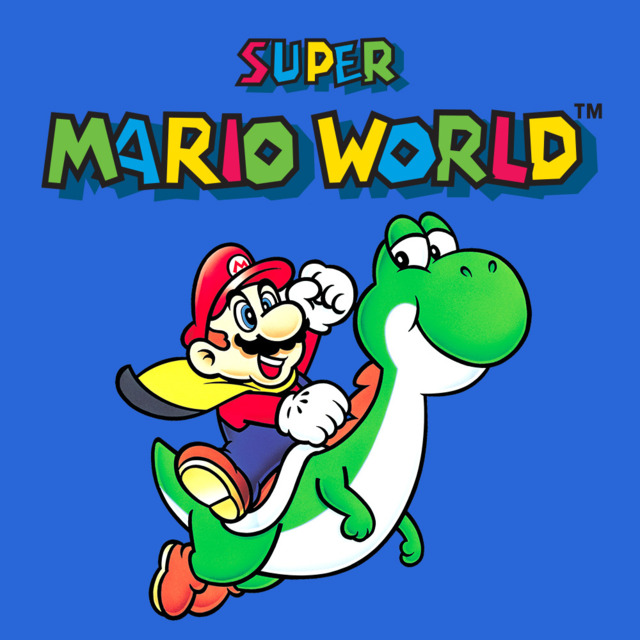So how did I go about ranking the years in gaming? It turns out that’s not as straightforward as it might seem, and right up front I had two blatant problems to address. First, how do I compare years from the early 1990s to more recent years? The sheer number of games released each year has increased over time, and I had to account for that to avoid seriously handicapping the 1990s. Second, and more broadly, how do I measure quality vs quantity in years? Put another way, is it better to have one or two all-time great games and not much else, or a multitude of good games that may not be masterpieces? Everyone is going to land at a different place on that spectrum, and I fall somewhere in the middle; I think the best years have both all-time greats as well as many other worthwhile games. So how do I find that balance when ranking years?
My solution attempted to solve both of these problems at once, with varying levels of success; sadly no solution is perfect. The first thing I did was look at the games I played from every year in contention, and create a personal top 10 list for each. These top 10 lists (based on my personal preferences alone) formed the foundation for comparing years. It’s also the clearest indication of how subjective this list is: I can only compare years based on what games I played and liked each year. Once I had these top 10 lists, I then reduced them to 5 “seeds” for each year, so to speak. This is the step that I intended to account for the two aforementioned issues, so let’s dig into it.
The first issue was that, for me, I simply played fewer good games in older years. Therefore, if I compared my entire top 10 list for every year equally, the 1990s would suffer an insurmountable handicap; I think of it as a gaming inflation of sorts. To account for this inflation, I varied how far down a year’s top 10 list I pulled its 5 seeds from. The breakdown is as follows: for 1991-1997, the 5 seeds are simply the top 5 games. For 1998-2002, the 5 seeds are the number 1, 2, 4, 6, and 8 games from my top 10 lists. Then for 2003 on, the 5 seeds are the number 1, 2, 4, 7, and 10 games from my top 10 lists. How I came up with these exact numbers was a series of thought experiments and trial and error. For me and my gaming history, 1998 and 2003 proved to be two clear inflection points in the sheer number of good games I played, so I knew handicaps needed to ramp up in those years. I also knew I wanted to keep the top 2 games for every year, as even years in the early 1990s had 1 or 2 strong games at the top. In fact, just looking at the top, years actually compare pretty well across time. The real inflation happened further down the top 10 lists, so I adjusted the seeds in this way to demand more depth in later years. I think this achieved the desired goal of mostly accounting for inflation, even if the early 1990s still struggle a little more than I’d like.
Creating the “seeds” this way also addressed the second issue of quality vs quantity. I didn’t want to compare years solely on which year had the “best” game (quality), nor did I want to compare them solely based on which year had the “most” games I liked (quantity). After some experimenting, reducing each year to the aforementioned 5 seeds felt like the right number, and for me and my values, seemed to strike a decent balance of quality and quantity. Years that have an amazing game or two can leverage their quality at the top, while years with a deep lineup of good games will similarly leverage their quantity at the bottom. Yet with 5 seeds in play, it’s hard to truly dominate with quantity or quality alone, which is exactly what I was going for.
Finally, once I had my top 5 seeds for each year, I simply pitted every year against each other in a “best of 5” matchup. I compared the #1 seeds to each other, then the #2 seeds to each other, and so on, deciding which game I liked better between each of the 5 seeds. The year that won at least 3 of the 5 seeds emerged victorious between the two years, and once I had done that for every pair of years, I had ample data to rank this list. This process did bear out some interesting results, however, especially in the way that victories were not transitive: just because Year A beat Year B, and Year B beat Year C, that did not imply Year A beat Year C. So I still did not end up with a clear, definitive ranking devoid of ties, but it did get me most of the way there, and gave me a lot of useful data to help me make the final decisions on my own. Which, I should note, I did take liberties with some final tweaking in a few spots. But for the most part I followed the above process faithfully.
Whew. If reading this sounds involved, it absolutely was. And even then, I have to acknowledge my method isn’t perfect, but I do think it does a pretty good job at helping me rank the years in gaming based on my personal preference. Before I stop typing, a few other caveats that clearly contribute to the subjectivity of this list:
- I was born in 1986, and the SNES, which came out in 1991, was my first console. Hence why the list starts with 1991. My age also contributes to the games I played (especially during the 1990s), and which ones stuck with me.
- I have only gotten meaningfully into Nintendo, Sony, and Microsoft consoles and handhelds over the years (with a tiny bit of Sega Genesis sprinkled in). Games from other consoles don’t have much influence on this list.
- I did not play many PC games at all until the late 1990s, which is another factor hurting the early 1990s. As the years go on, PC becomes more and more of a factor.
- I am using original US release dates where applicable. The main exceptions are games that were originally released only in Japan, and only got a US release years later via ports/remakes, such as Castlevania: Rondo of Blood or Final Fantasy V. In those cases I uses the Japanese release date.
- I did not count remakes/remasters towards a year’s strength unless it was meaningfully different enough from the original. For example, I did not count Persona 4 Golden (only the original Persona 4), but I did count the 2019 Resident Evil 2 as its own game. This was decided on a case by case basis where it made sense to me.
And with that, I think I may have finally covered all the important details. If you actually read this far, thanks! I hope this list makes a little more sense now, and that it’s a fun read.

